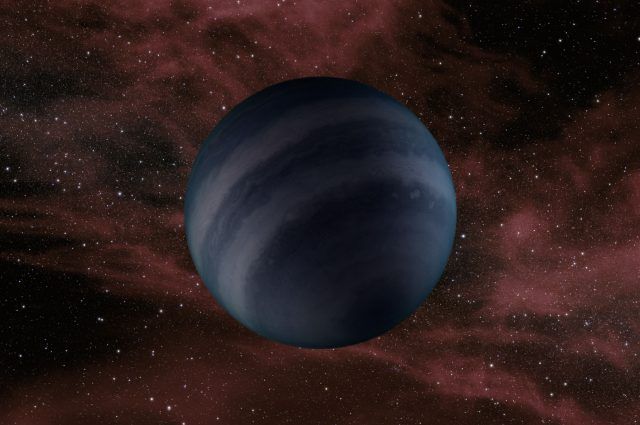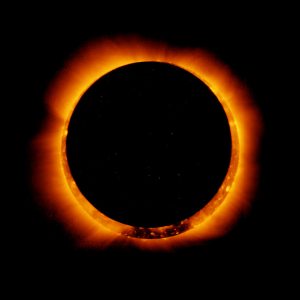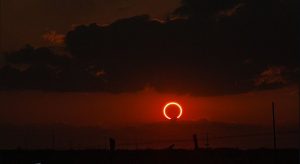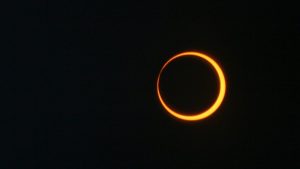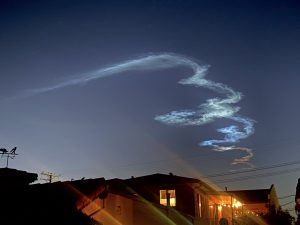The universe as we know it, came into existence with a bang. But a recent study by theoretical physicist, Matt Caplan suggests that the end of the universe will be a lengthy process. “Most stars will very, very slowly fizzle as their temperatures fade to zero,” he says.
In his new study, published in ‘Mon+thly Notices of the Royal Astronomical Society,’ Caplan estimated how dead stars might change over time and predicted when the last supernova will explode in the universe’s distant future.
ALSO READ | The dent in Earth’s magnetic field is growing, confirms NASA
“It will be a bit of a sad, lonely, cold place,” he says. “It’s known as ‘heat death,’ where the universe will be mostly black holes and burned-out stars.”
He says these burned-out stars, which no longer shine, will become denser creating ‘black dwarf supernovas,’ which will explode multiple times marking the end.
According to his calculation, the first of these explosions will happen in about 10 to the 1,1000th years — an almost inconceivably large number.
ALSO READ | Japan scientists capture ‘poisonous Tsunami’ racing across Venus
“In years, it’s like saying the word ‘trillion’ almost a hundred times. If you wrote it out, it would take up most of a page. It’s mindbogglingly far in the future,” he said. The massive black dwarfs will explode first followed by less massive stars until there is nothing left.
The study suggests that ‘Black dwarf supernova’ will be the last interesting thing that the universe will witness. And by the time they explode, the universe will be unrecognisable.
ALSO READ | Ceres is an ocean world in the Asteroid belt with active geology, NASA finds
“Galaxies will have dispersed, black holes will have evaporated, and the expansion of the universe will have pulled all remaining objects so far apart that none will ever see any of the others explode. It won’t even be physically possible for light to travel that far,” Caplan says.

